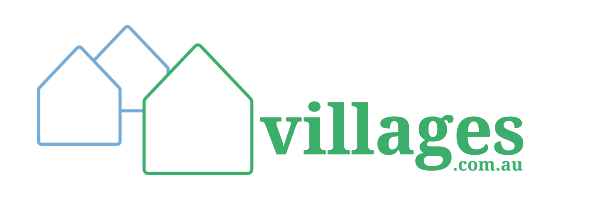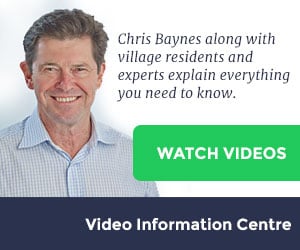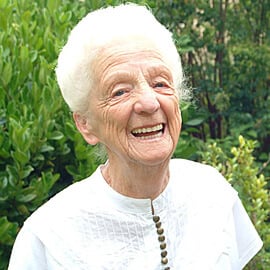The full impact of Australian Unity’s successful $114 million tender to acquire the 50,000 home care clients and 4,000 employees from the NSW government is just dawning on the aged care sector. The deal delivers AU 70% of the NSW home care market and an unrivalled national home care and aged care beachhead.
Over three years their home care staff will have grown from 245 to 430 to 4,430, powered by strategic acquisition.
No other organisation is better placed to capitalise on the rapid Consumer Directed Care/Home Care/aged care revolution being forced on the sector by the government.
The commercial prize includes an additional $9 billion being allocated to home care, not to mention $12 billion being allocated to National Disability Insurance (to be delivered in the home), all over the next five years.
The strategy makes even more sense when AU acknowledges that its foundation business, health insurance, is under competitive threat.
Group CEO Rohan Mead stated last month:
“Some years ago, Australian Unity set to build a diversified portfolio of interconnected businesses. This was in response to our observations that customers were increasingly needing a broader range of well-being related products and services, coupled with our assessment that our largest business area, private health insurance, would come under increasing pressure due to the relentless forces affecting healthcare inflation, and therefore premium affordability. So, traditional healthcare services had to be broadened and connected services developed. Our response has been to invest heavily in innovation in the healthcare business, while continuing to expand our services in other areas of well-being need”.
In fact their health insurance business shrunk slightly last year to 197,950 policyholders.
AU acts like a business and thinks like a Not For Profit. Last year its turnover was $1.4 billion, generating a pre-tax profit of $42 million. It is a mutual company with no external shareholders; it is owned by customers and staff, allowing it to reinvest its profits and pursue community goals rather than shareholder goals. The NSW government identified this as a key advantage in their tender.
(BUPA is in the same space).
With this positioning AU is pursuing a portfolio of ‘high trust services’ to build ‘personal and community well-being’.
These include:
• residential aged care
• home care
• retirement villages
• health insurance
• financial advice
• estate and administration services
• banking and investment products
AU looks to building a ‘whole of client’ service. For instance it recently acquired Physio Connect which provides physio and other allied health services to aged care facilities in Victoria and NSW. It is acquiring dental clinics – and now has five in Melbourne.
It also acquired Flinders Australia, an estate planning and administration services company to help ageing Australians look after their money and plan how they move into aged care. Plus they are applying for a full trustee licence.
Their Rathdowne Place nine story twin tower retirement village and aged care development in inner city Carlton (Melbourne) will set a benchmark. It will prove co-located retirement villages have a place in inner urban development.
AU Retirement CEO, Derek McMillan, has emerged as the leader of AU’s aged care strategies. The opportunity (and the risk) is great. Consider this: the existing 430 AU home care staff delivered over 400,000 hours of service to clients last year out in the field. With the acquisition of the 50,000 NSW clients and additional 4,000 staff AU will be delivering up to 4 million hours of care in one year. That will be a challenge by any measure, but so will the learning and efficiencies, creating a formidable competitor in a multibillion dollar market.






